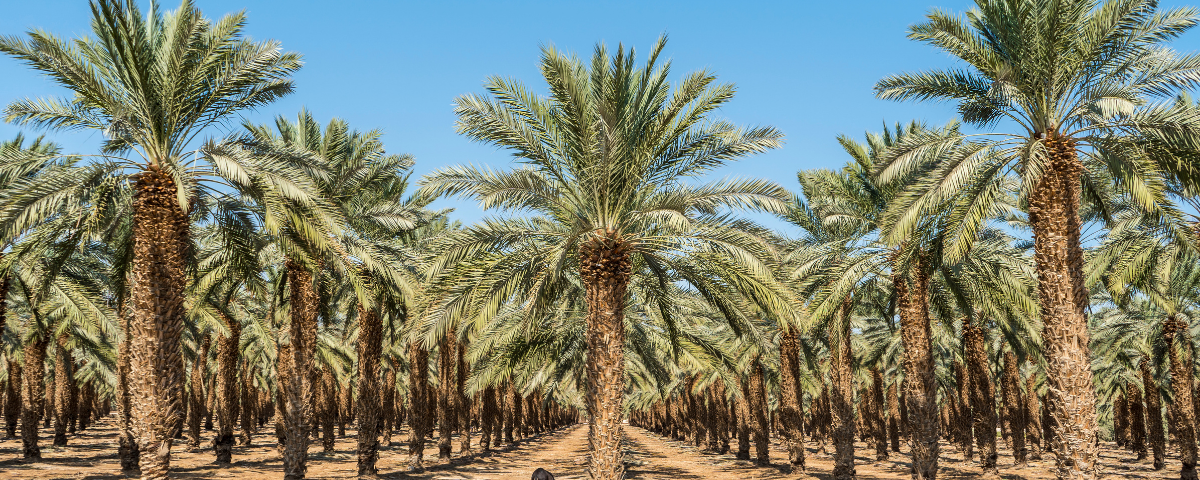The history of palm oil usage dates back to over 5000 years and by 1870 become the primary export item of many West African countries. With demand spikes for palm oil in the 90s, the production increased too. Globally the production of palm oil has seen steady growth in the past five decades. Between 1995 and 2015, annual production went up from 15.2m tonnes to 62.6m tonnes. By 2050, it is expected to quadruple, reaching 240m tonnes. Today, a little over 3 billion people in 150 countries consume products containing palm oil. And globally, individuals end up consuming an average of 8kg palm oil a year.
Today, palm oil is one of the most commonly produced vegetable oil that can be found in everything right from frozen pizzas and biscuits to makeup, body creams, soaps, and detergents to even margarine and candles. And this increasing demand and consumption of palm oil have made Indonesia the prime hub for palm oil plantations along with Malaysia and Nigeria.
The humid climate of the tropics is the perfect condition for oil palms to grow, leading to vast acres of rainforest being bulldozed and torched to make space for more plantations. The rapid expansion had created havoc in Indonesia – the world’s largest producer of palm oil – destructing the rainforests and croplands, emitting vast amounts of carbon into the atmosphere, and destroying the habitats of many species who are at the brink of endangerment.
Indonesian government’s B30 program permits to 30% blending of palm oil into biodiesel, however, the European Union’s import tire policy which reduces imports of palm oil from Indonesia has now pushed the Indonesian government to introduce the ‘B40’ program by 2022. This will increase the palm oil blending mandate to 40% due to record-high palm oil prices and lower fuel consumption.
The increasing push to generate a demand for palm oil had led to multiple struggles rising in Indonesia. The conflict between the rural communities and the palm oil companies, where the latter are curtailing their land rights while another source of conflict lies in regular violation of human rights state regulations.
While the palm oil demands have seen a roller coaster ride in the past few decades, their plantation is considered a threat to social justice and environmental sustainability.
For more information chat with us 917304745554




